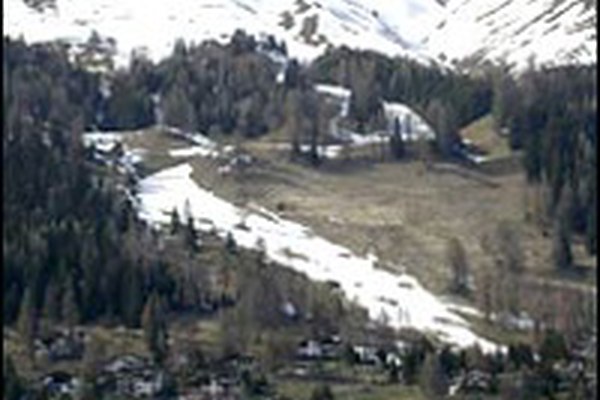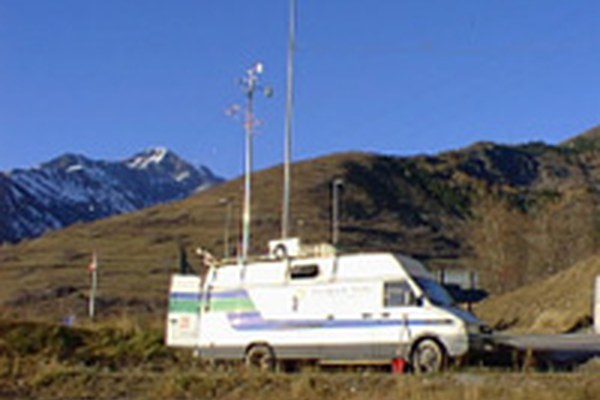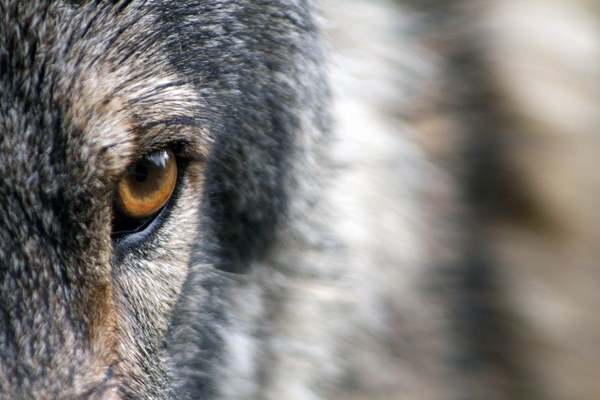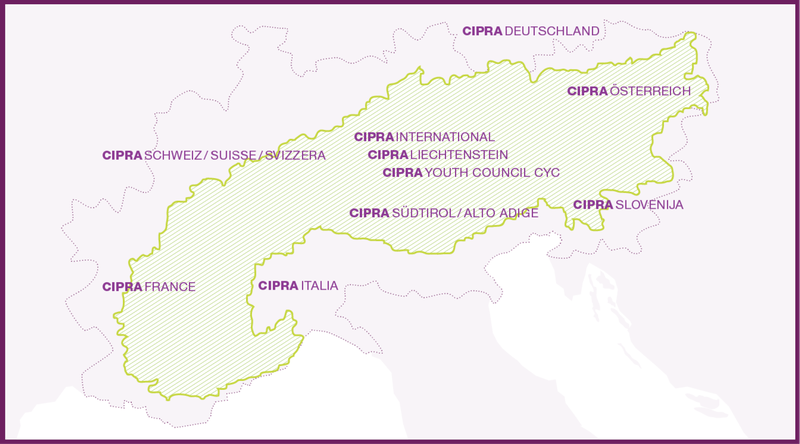Laura Haberfellner, CIPRA International Lab
Innovation to counter emigration
Emigration and the brain drain in the Alpine region: a new EU project involving CIPRA aims to counteract this trend. It is testing innovative governance models to strengthen mountain regions and create a win-win situation for regions of origin, destinations and young emigrants.
Who is CIPRA?
Find out more!
More articles
2005 Junior Ranger Camp - Protected areas and cross-border co-operation
From 31 July to 6 August the Gesäuse National Park in Austria is hosting an International Junior Ranger Camp. Junior Ranger is the name of a European pilot project co-ordinated by EUROPARC which is targeted at young people from the affiliated protected areas and the regions bordering on them.

alpMedia | Schaan, LI
Snowcats and man-made snow as a threat to plant diversity
The number of plant species growing on mountain slopes used for ski trails in Switzerland is eleven percent lower than on adjoining sites. The reduction is especially striking in the case of woody and early flowering plants.

alpMedia | Schaan, LI
Research into environmental impacts along the main Alpine traffic arteries
This spring saw the launch of ALPNAP, a new project in the framework of the EU's Interreg IIIB Alpine Space Programme.
Francesco Pastorelli | CIPRA Italia | Torino, IT
Italy: mountain peak to be illuminated during the 2006 Winter Olympics
During the 2006 Winter Olympics the local authority for Valli Po, Bronda e Infernotto plans to illuminate the summit of Monviso, the mountain that is the hallmark of the Piedmont.
Events
|
FutureForum Alps 2025 | SAL - Saal am Lindaplatz, Landstrasse 19, 9494 Schaan, Liechtenstein |
Projects

CIPRA International | CIPRA Deutschland | CIPRA Italia | CIPRA France
Knowledge transfer on the co-adaptation of humans and wolves in the Alpine region
[Project completed] The return of large carnivores is increasingly causing the fronts to harden between different groups of stakeholders. Among the large carnivores returning to the Alps, the wolf is the most widespread and therefore the most widely debated animal. Wolves are synanthropic animals and cross boundaries - physical as well as intangible ones – regularly. Thus, they have been accompanying and influencing social and cultural processes since time immemorial. In this project, CIPRA has taken on the task to collect, analyse, make available and disseminate knowledge about the co-adaptation of humans and wolves throughout the Alps.


